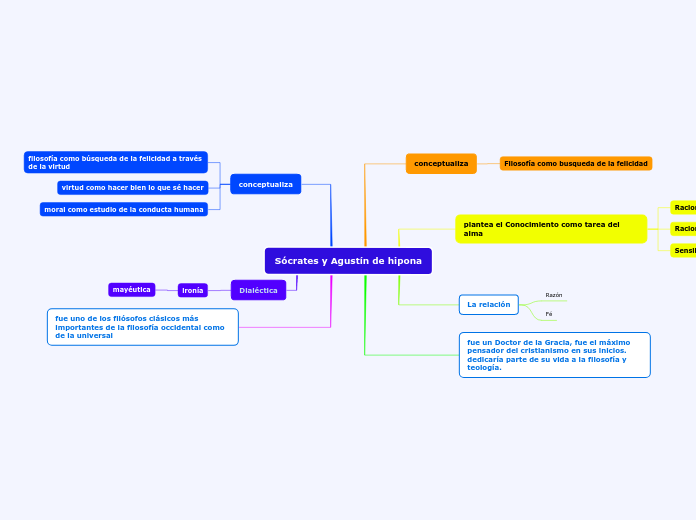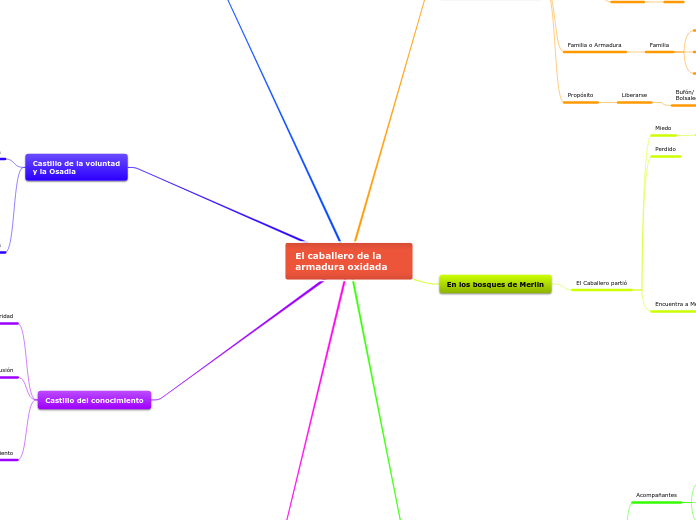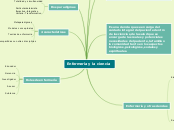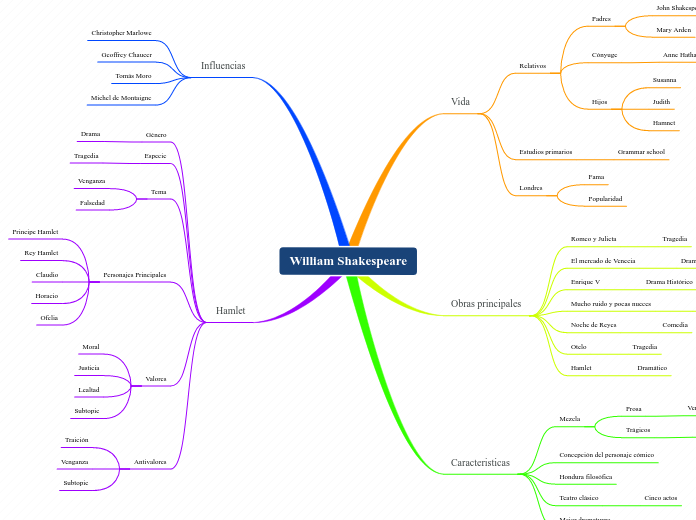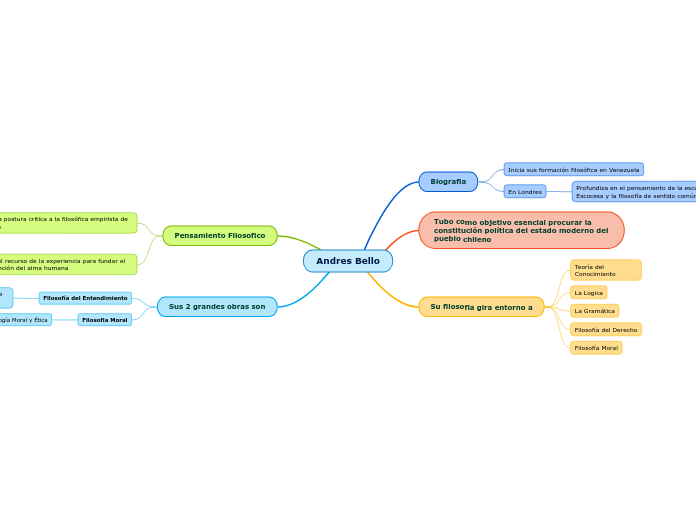Sócrates y Agustín de hipona
In linguistics, syntax is the set of rules, principles, and processes that govern the structure of sentences in a given language, usually including word order.
fue uno de los filósofos clásicos más importantes de la filosofía occidental como de la universal
Dialéctica
A compound sentence is a sentence that has at least two independent clauses joined by a comma, semicolon or conjunction. An independent clause is a clause that has a subject and verb and forms a complete thought.
ironía
Create your own compound sentences, using the coordinators above.
mayéutica
A complex sentence is a sentence that contains an independent clause and one or more dependent clauses.
An independent clause can stand alone as a sentence, but a dependent clause even though it has a subject and a verb cannot stand alone.
moral como estudio de la conducta humana
An appositive clause follows another noun or noun phrase in apposition to it; that is, it provides information that further identifies or defines it.
virtud como hacer bien lo que sé hacer
The subject clause is a dependent clause that acts as a subject.
filosofía como búsqueda de la felicidad a través de la virtud
The object clause is a phrase on which a verb performs an action. It falls at the end of a sentence, and is governed by a verb or a preposition.
fue un Doctor de la Gracia, fue el máximo pensador del cristianismo en sus inicios. dedicaría parte de su vida a la filosofía y teología.
La relación
Fé
Razón
plantea el Conocimiento como tarea del alma
Sensible
See the example below and try to create your own simple sentences.
Tim is the driver.
Racional
See the example below and try to create your own simple sentences.
Tim drives the car.
Racional superior
See the example below and try to create your own simple sentences.
Tim drives.
conceptualiza
Filosofía como busqueda de la felicidad
The subject of a sentence is the person, place, thing, or idea that is doing or being something. You can find the subject of a sentence if you can find the verb.
Ask the question, 'Who or what 'verbs' or 'verbed'?' and the answer to that question is the subject.
